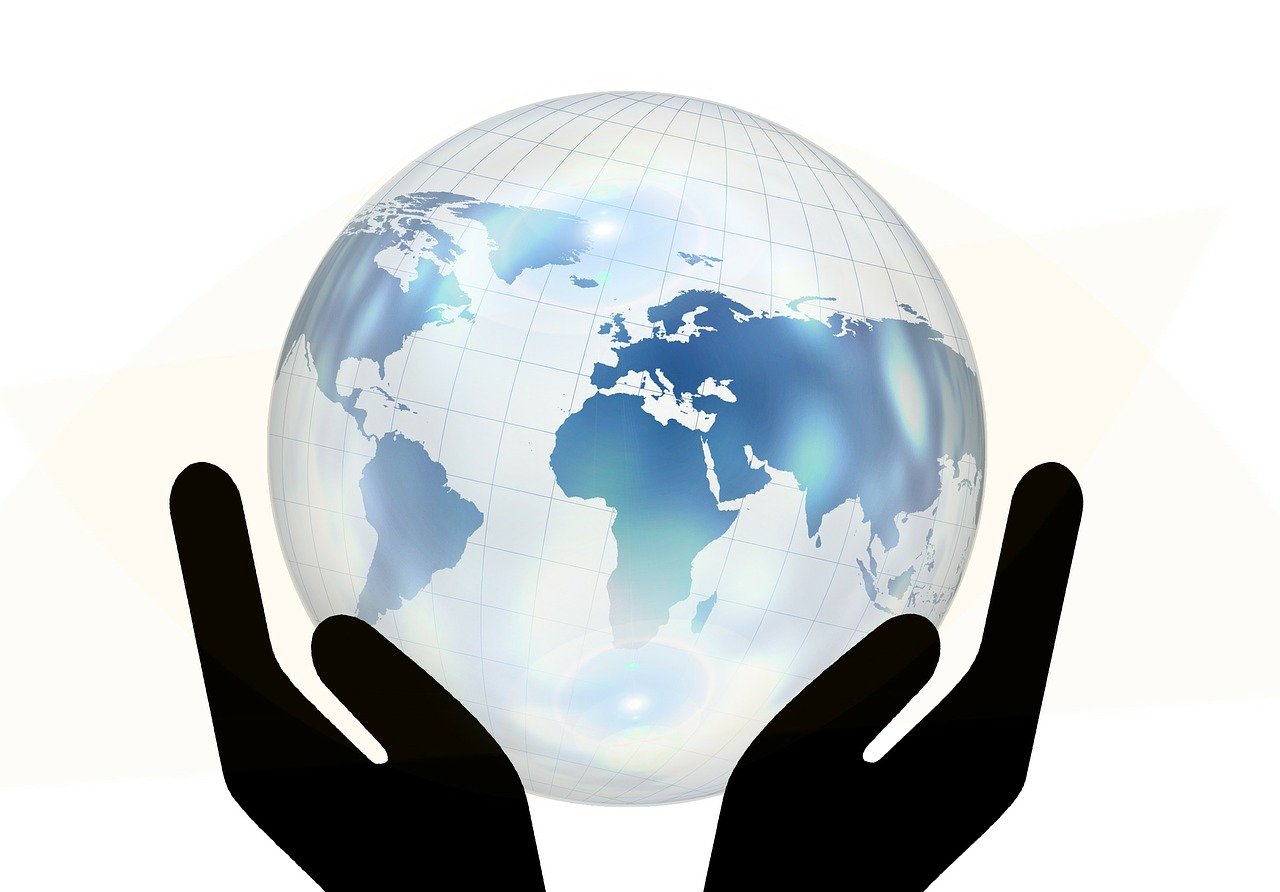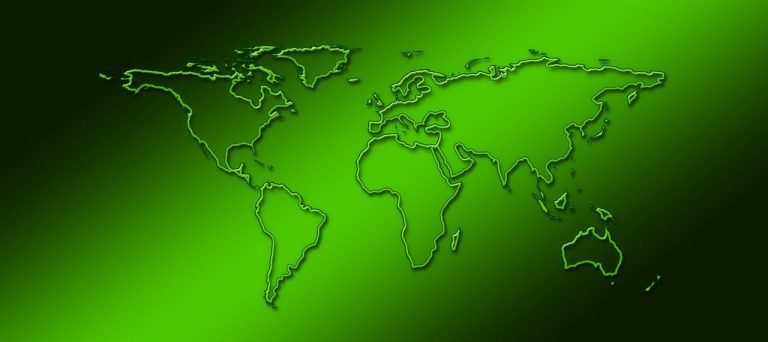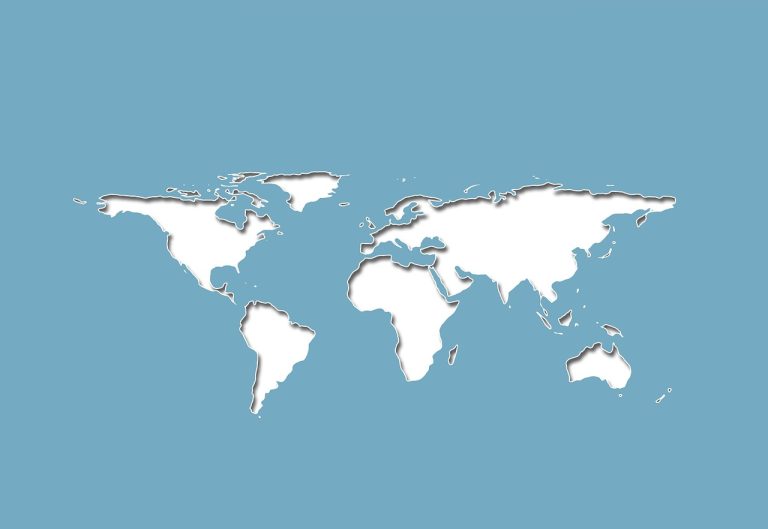
The Effect of Philippine Foreign Policy Shifts on Domestic Politics: A Detailed Review
The Philippines has always maintained a vibrant and dynamic foreign policy landscape, often influenced by its historical ties with major powers and its strategic geographic position in Southeast Asia. Over the years, shifts in foreign policy have had profound effects on the country’s domestic political landscape. Understanding these shifts is essential for grasping the nuances of Philippine politics today.
Introduction to Philippine Foreign Policy
Traditionally, the foreign policy of the Philippines has been heavily influenced by its colonial history, particularly with the United States, and its regional dynamics in Asia. The archipelago has often balanced its international relations between maintaining strong ties with Western powers and fostering regional cooperation with ASEAN neighbors. Recent decades have seen significant changes in this approach, driven by both internal and external factors.
The Historical Context
To understand the current foreign policy shifts, it is crucial to consider the historical context. Post-independence, the Philippines maintained a close relationship with the United States, stemming from its colonial past. This relationship was cemented through various military and economic agreements that aligned the Philippines with Western interests during the Cold War era.
However, with the end of the Cold War and the rise of China as a global power, the Philippines began to recalibrate its foreign policy. This shift was further propelled by economic considerations and the need to assert sovereignty over disputed territories in the South China Sea. The signing of the Enhanced Defense Cooperation Agreement with the U.S. and increased engagement with China and ASEAN countries are reflective of this strategic recalibration.
Impacts on Domestic Politics
Foreign policy shifts often have direct and indirect impacts on domestic politics. In the Philippines, these changes have influenced everything from economic policies to national security strategies and even electoral politics.
Economic Implications

The economic ties forged through foreign policy have a significant impact on domestic economic policies. For instance, the Philippines’ decision to engage more deeply with China has brought about substantial investments and infrastructure projects under the Belt and Road Initiative. These projects have not only boosted economic growth but also altered the political landscape by creating new power dynamics among local politicians and business elites.
Conversely, the strong economic ties with the U.S. have ensured continued support for various sectors, including Call Centers and Business Process Outsourcing (BPO), which remain critical to the Philippine economy. As such, the balancing act between China and the U.S. continues to be a pivotal point in the country’s economic policy-making.
National Security Concerns
National security is another domain where foreign policy shifts have left a significant mark. The Philippines’ strategic location makes it a key player in regional security, especially concerning the South China Sea disputes. The country’s approach to these disputes has varied with changes in administration, impacting both international relations and domestic military strategies.
The past decade has seen the Philippines enhancing its defense capabilities through partnerships with both the U.S. and its ASEAN neighbors. The evolution of the Armed Forces of the Philippines reflects these strategic partnerships aimed at strengthening territorial defense and responding to regional security threats.
Influence on Electoral Politics
Foreign policy has also played a crucial role in shaping the political discourse during elections. Candidates’ stances on international relations, particularly their approach to China and the United States, have become significant campaign issues. Public opinion on these matters often influences voter behavior, as seen in the presidential elections where foreign relations were hotly debated topics.
The influence of foreign policy on domestic politics is further evident in legislative decisions and executive actions. For example, debates around the Visiting Forces Agreement with the U.S. have sparked discussions on sovereignty and foreign intervention, reflecting the complexities of balancing national interests with international alliances.

Challenges and Future Directions
As the Philippines navigates its foreign policy, several challenges loom on the horizon. The balancing act between major powers like the U.S. and China, while maintaining sovereignty and regional stability, continues to be a delicate task. Moreover, the rise of populism and nationalism globally poses additional challenges to traditional diplomatic approaches.
Looking ahead, the Philippines must forge a path that prioritizes national interests while fostering constructive international relationships. This requires a nuanced understanding of global dynamics and a strategic approach to bilateral and multilateral engagements. As the world becomes increasingly interconnected, the role of the Philippines in regional and global politics is likely to grow, necessitating a proactive and adaptive foreign policy.
Moreover, the advent of new challenges such as climate change and cyber security further complicates the foreign policy landscape. Addressing these issues will require innovative solutions and collaborations with international partners, highlighting the importance of a comprehensive foreign policy framework.
Takeaways
The foreign policy shifts of the Philippines have had far-reaching impacts on its domestic politics, influencing economic policies, national security strategies, and electoral dynamics. As the country continues to navigate the complexities of international relations, it must balance its historical alliances with emerging partnerships, ensuring that its foreign policy serves the broader goals of national development and regional stability.
In conclusion, understanding the intricate link between foreign policy and domestic politics is essential for comprehending the broader political landscape of the Philippines. As global and regional dynamics continue to evolve, the country’s ability to adapt and respond to these changes will be crucial for its future trajectory. Those interested in exploring more about these dynamics can refer to resources such as the Asia Maritime Transparency Initiative and the Foreign Affairs Magazine for detailed insights.
Regional Dynamics and ASEAN’s Role

The Association of Southeast Asian Nations (ASEAN) plays a pivotal role in shaping the foreign policy of its member states, including the Philippines. As a founding member, the Philippines has been actively involved in ASEAN’s efforts to enhance regional cooperation and address collective challenges. The country’s foreign policy decisions often reflect ASEAN’s principles of mutual respect, non-interference, and consensus-building.
ASEAN’s response to regional security threats, economic integration, and diplomatic issues significantly influences Philippine domestic policies. The South China Sea disputes, for example, have seen ASEAN member states, including the Philippines, working towards a Code of Conduct with China to ensure peace and stability in the region. This collective diplomatic effort impacts the Philippines’ approach to national security and territorial integrity.
Additionally, the economic initiatives under ASEAN, such as the ASEAN Economic Community (AEC), aim to create a single market and production base, influencing the Philippines’ economic strategies and policies. These regional dynamics highlight the interdependence between ASEAN’s objectives and the domestic agendas of its member states.
The Role of Domestic Stakeholders
Domestic stakeholders, including political leaders, business sectors, and civil society, play a crucial role in shaping the direction of Philippine foreign policy. Political leaders often use foreign policy as a tool to assert national interests and gain political leverage. They engage in diplomatic discussions, negotiate trade agreements, and participate in international forums that align with their domestic agendas.
The business community also influences foreign policy decisions, particularly those related to trade and investment. Businesses advocate for policies that facilitate international trade, attract foreign investments, and protect local industries. Their involvement ensures that foreign policy decisions align with economic growth and development goals.
Civil society and advocacy groups contribute to foreign policy discourse by raising awareness of global issues, such as human rights, environmental protection, and social justice. Their engagement in public debates and policy discussions helps shape foreign policy priorities that reflect the values and aspirations of the Filipino people.

Conclusion and Policy Recommendations
The intricate relationship between Philippine foreign policy shifts and domestic politics underscores the importance of strategic decision-making and stakeholder engagement. As the Philippines continues to navigate the complexities of global relations, it must prioritize policies that align with national interests and regional stability.
Policy recommendations include strengthening diplomatic ties with key global players while maintaining ASEAN solidarity, enhancing economic partnerships that promote sustainable development, and fostering a foreign policy that respects human rights and environmental sustainability. Additionally, involving diverse stakeholders in policy formulation ensures that foreign policy decisions are inclusive and reflective of the country’s broader goals.
As the Philippines adapts to an ever-changing geopolitical landscape, its ability to balance domestic priorities with international obligations will be crucial in achieving long-term national prosperity and regional peace.
Engaging the Filipino Diaspora
The Philippine diaspora is one of the largest in the world, with millions of Filipinos working and residing abroad. This community plays a significant role in shaping both the country’s foreign policy and domestic politics. Remittances from Overseas Filipino Workers (OFWs) are a vital component of the national economy, and their welfare often influences diplomatic relations with host countries.
The government actively engages with the diaspora through various programs and initiatives aimed at protecting their rights and facilitating their contributions to national development. For instance, the Department of Foreign Affairs (DFA) and the Department of Labor and Employment (DOLE) work collaboratively to ensure the safety and welfare of Filipino workers abroad, addressing issues such as labor rights and consular services.
Furthermore, the diaspora’s involvement in political processes, such as participating in overseas voting during elections, underscores their influence on domestic politics. Their perspectives and experiences often contribute to shaping foreign policy priorities, particularly those related to migrant protection and international labor agreements.

Adaptation to Global Challenges
The Philippines, like many other nations, faces a plethora of global challenges that require adaptive foreign policy responses. These include climate change, cybersecurity threats, and global health issues. The country’s geographical vulnerability to natural disasters necessitates robust international cooperation for climate resilience and disaster risk reduction.
Through active participation in international climate negotiations, such as the United Nations Framework Convention on Climate Change (UNFCCC), the Philippines advocates for climate justice and sustainable development. This engagement not only reflects its foreign policy priorities but also influences domestic environmental policies and disaster management strategies.
In the realm of cybersecurity, the Philippines collaborates with international partners to enhance its cyber defense capabilities and protect critical infrastructure. This cooperation is crucial for safeguarding national security and maintaining economic stability in an increasingly digital world.
The Future of Philippine Foreign Policy
Looking to the future, the Philippines must continue to evolve its foreign policy to address emerging global trends and challenges. This involves embracing multilateralism and strengthening alliances with both traditional and non-traditional partners. The country’s active participation in regional and international organizations will be vital for shaping global norms and advancing its national interests.
Moreover, the Philippines should leverage its strategic position in Southeast Asia to act as a bridge between the East and the West, facilitating dialogue and cooperation on key issues such as trade, security, and sustainable development. By positioning itself as a proactive and responsible member of the international community, the Philippines can enhance its diplomatic influence and contribute to global peace and prosperity.
In conclusion, the interplay between Philippine foreign policy shifts and domestic politics is complex and multifaceted. As the country navigates the challenges and opportunities of the 21st century, it must remain adaptable, inclusive, and forward-looking in its approach to both domestic and international affairs. Engaging all sectors of society, including the diaspora, business community, and civil society, will be essential for crafting a foreign policy that reflects the aspirations and values of the Filipino people.



